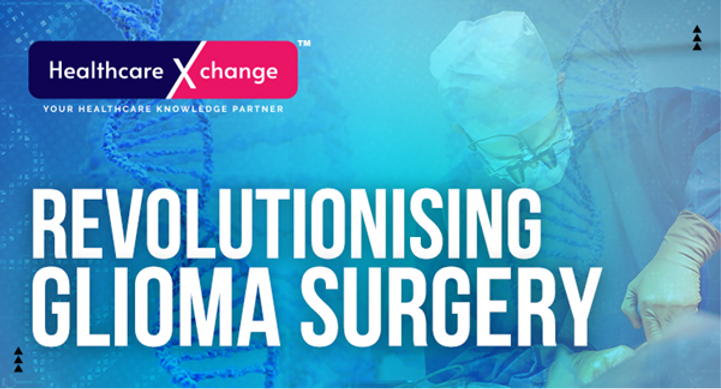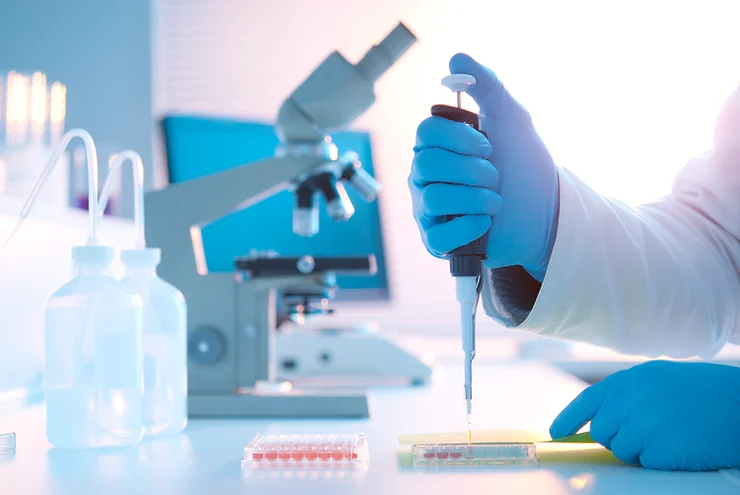
Doctors Look at AI to Revolutionise Glioma Surgery in Global Fight against Cancer
- Imaging and diagnostics
- October 15, 2024
Highlights:
-
The research from Harvard Medical School provides a brand-new AI tool that helps neurosurgeons treat brain tumors, especially gliomas, more precisely and effectively
-
The machine learning-based tool shortens the time patients spend in the operating room. It reduces the possibility of mistakes and enable speedier and more accurate assessment of gliomas
Gliomas, which are the most common type of brain tumor detected in cancer patients, has been the focus of decades of research in the field of neuroscience. A large amount of aggressive forms of glioblastoma claimed the lives of Arizona Senator John McCain and U.S. President’s Son Beau Biden.
Different types of gliomas call for various surgical approaches, according to Kun-Hsing Yu, a Professor at Harvard Medical School who participated in the study and assisted in its publication.
Neurosurgeons require a number of facts before they safely do away with a glioma without injuring the surrounding brain tissue. This, in many cases, cannot be detected until the patient is already on the operating table.
As per Yu, doctors transmit a sample of the surgical specimen to the pathology lab to obtain immediate, real-time feedback when operating on brain cancer patients. This allows for the most exact diagnosis: “Surgeons can consult a pathologist to determine the patient’s exact cancer kind as well as whether or not they are removing the correct tissue.”
Yu reports that when working in advanced hospitals, a pathologist tends to regularly finish an examination of a sample of brain tissue in less than ten to fifteen minutes. This work is conducted while the patient is lying on the operating table with the skull exposed.
He said, “This process is not error-proof,” and went on to say that pathologists must put everything else on hold in order to give precedence to samples from the live operation. “People are under stress, and the slide quality is occasionally poor; as a result, occasionally a misdiagnosis will arise as a result of this rapid process.”
Yu, along with his team, found that the examination of gliomas can be done more quickly and accurately with the aid of machine learning (ML). ML is a type of artificial intelligence in which software learns patterns without explicit instructions from a programmer. Artificial intelligence’s machine learning subfield is concerned with how computers can teach themselves patterns without explicit guidance. In the operating room, patients would spend less time as a result of this technique.
Dr. Dan Cahill, a neurosurgeon at Massachusetts General Hospital, said that the accuracy of the new machine learning tool is “impressive, certainly much better than” the conventional techniques for analyzing the molecular composition of a glioma.
According to Cahill, “the best kind of surgery depends significantly on the subtype of glioma and is different for each patient.”
Dr. Cahill also stated that the application of machine learning could enhance the use of other recent medical advancements in the treatment of brain cancer. One of the best methods for treating malignant gliomas during surgery involves administering drugs that destroy tumors directly into the brain. Yu and the other authors of the research are hopeful that the technology may let surgeons assess a tumor’s degree of invasiveness while it is being removed from the body. Surgery professionals will be able to decide whether or not to inject the medications more quickly and confidently as a result.




